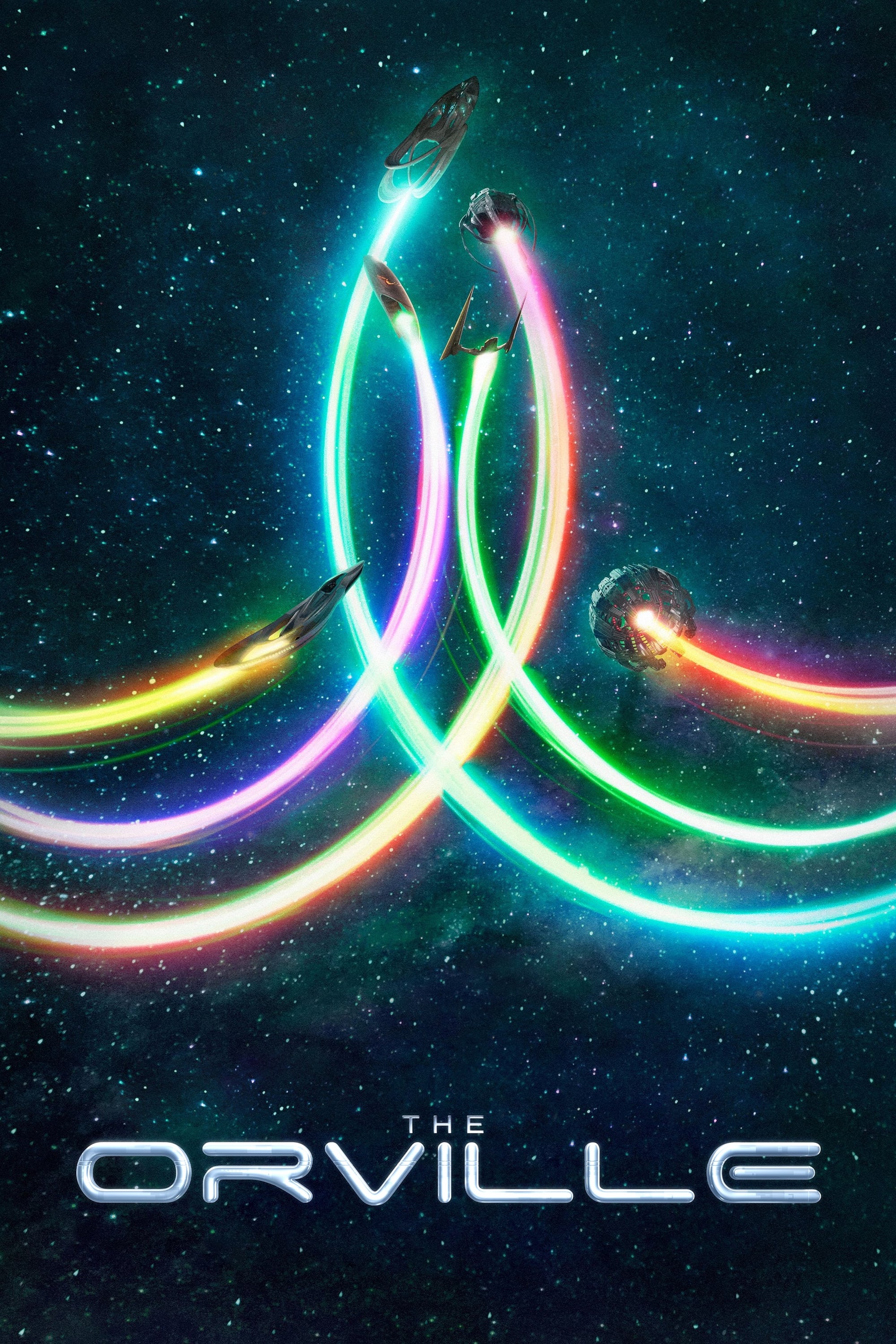
Pieter Wispelwey, Budapest Festival Orchestra, Ivan Fischer – Antonin Dvorak – Cello Concerto, Symphonic Variations (2007)
DSF Stereo DSD64/2.82MHz | Time – 01:02:38 minutes | 2,49 GB | Genre: Classical
Source: ISO SACD | © Channel Classics Records B.V. | Recorded: December 2006, Palace of Arts, Budapest
Dvorak’s career was a worldwide success. He wrote his cello concerto in New York, it was rehearsed in Prague and premiered in London. Always full of tender feelings for his home country he lived an international life. He avoided speaking German though when possible and would never accept a job in Vienna. His cello concerto would become hugely popular all over the world and has occupied a significant place in the gallery of 19th century masterpieces. It took him four months to write but that reflects a freshness, a rise and shine attitude rather than the neurotic speed of city life. No teutonic bombast (Berlin), no Mahlerian pathos (Vienna), but healthy abundance of energy. Dreams but no Freud, profundity but no Angst. The orchestra is large and powerful, but this most symphonic of cello concertos doesnt become a David and Goliath freak show. The tuttis can be seen as the background for a journey. The landscapes, by night or day, under moon or sunlight are sometimes awesome but never hostile and occasionally the hero revels in a heart-warming village party. There is also room for reflection and intimacy; the solo cello is beautifully supported both in song and prayer. (…) –Pieter Wispelwey
Read more
Budapest Festival Orchestra, Ivan Fischer – Mahler: Symphony No. 3 (2017)
DSF Stereo DSD64/2.82 MHz | Time – 1:35:46 minutes | 3,78 GB | Genre: Classical
Studio Masters, Official Digital Download – Source: nativeDSDmusic | Booklet, Front Cover | © Channel Classics
I love the whole symphony but from the second movement two favorite moments, two details, spring to mind. First, the recapitulation when the solo violin takes flight, like a buzzing bee around a flower, and then accidentally finds itself in a wonderful modulation to E major. The second is the ending. The flowers, that move and dance elegantly against the wind, suddenly expose their Tristan-like soul. From the vast first movement I would choose the huge, yawning creature’s (Pan’s?) first appearance. Conducting the Scherzo I am always carried away by the inserted episodes which interrupt the post horn — first by a group of baroque birds, then rococo ones flying up from the pages of a Mozart piano concerto. What an ingenious and unpredictable use of different styles! Finally, the endless melody of the last movement moves me every time with its intimate beauty and honesty. There is something divine in the wealth of this great masterpiece. – Ivn Fischer
Read more![Budapest Festival Orchestra, Iván Fischer - Bruckner: Symphony no.7 in E major (1884) (2014) [Official Digital Download 24bit/192kHz] Download](https://i0.wp.com/imghd.xyz/images/2022/09/15/dwbg5jqobsf5a_600.jpg?resize=500%2C500&ssl=1)
Budapest Festival Orchestra, Iván Fischer – Bruckner: Symphony no.7 in E major (1884) (2014)
FLAC (tracks) 24 bit/192 kHz | Time – 56:44 minutes | 1,64 GB | Genre: Classical
Studio Masters, Official Digital Download | Digital Booklet, Front Cover | © Channel Classics Records
Bruckner is the saint, the tzadik, the bodhisattva, the guru among composers. He is the purest and most capable of religious ecstasy. Everything is seen with the clearest vision, built to majestic proportions and felt with deepest emotions. The first melody commences as if it were the purest ever written. But soon the notes of a simple E major triad of divine simplicity give way to a chromatic search surrounding the dominant note ‘b” with a deeply felt human desire. The melody seems to find its calm cadence, but it leaps up again, three times, aiming to attain yet higher ecstasy. And this is only the start… –Iván Fischer
(more…)
![Budapest Festival Orchestra, Iván Fischer - Brahms: Symphony no. 2; Tragic Overture; Academic Festival Overture (2014) [Official Digital Download 24bit/192kHz] Download](https://i0.wp.com/imghd.xyz/images/2022/09/10/0723385335146_600.jpg?resize=500%2C500&ssl=1)
Budapest Festival Orchestra, Iván Fischer – Brahms: Symphony no. 2; Tragic Overture; Academic Festival Overture (2014)
FLAC (tracks) 24 bit/192 kHz | Time – 01:08:22 minutes | 2,03 GB | Genre: Classical
Studio Masters, Official Digital Download | Digital Booklet, Front Cover | © Channel Classics Records
A remarkable, transparent purity can be heard in Brahms’s Second symphony. It is a sharp contrast to the huge arsenal of ideas collected in the First Symphony, which Brahms had worked on for many years. Here in his Second he shows us his masterful skill in developing large-scale architecture from the simplest motifs. To give the first of these to the horns is a logical choice; Brahms always used natural horns and resisted the more modern instruments. Horns can ideally explore the purest of all musical ideas: the journey through the overtones.
Similar purity is present in all the themes. When at the start the basses step down a semitone and step back again, nobody could guess what a rich new world would develop from this cell. The last movement is also built on a simple tool: repeated, equal notes follow each other in regimental order (a classical tradition often heard in final movements by Haydn or Mozart). Is this Brahms’s most nature-related symphony? Considering the complicated organisms that develop from the simplest cells, yes, it is. Brahms certainly has the divine, creative talent to show us how this process can work in music. –Iván Fischer
(more…)
![László Polgár, Ildiko Komlosi, Budapest Festival Orchestra, Iván Fischer - Bartók: Duke Bluebeard's Castle, Sz. 48, Op. 11 (2003/2012) [Official Digital Download 24bit/96kHz] Download](https://i0.wp.com/imghd.xyz/images/2022/08/23/giyVIl7.jpg?resize=500%2C500&ssl=1)
László Polgár, Ildiko Komlosi, Budapest Festival Orchestra, Iván Fischer – Bartók: Duke Bluebeard’s Castle, Sz. 48, Op. 11 (2003/2012)
FLAC (tracks) 24 bit/96 kHz | Time – 55:25 minutes | 1,01 GB | Genre: Classical
Studio Masters, Official Digital Download | Front Cover | © Decca
“Bartók’s wrote his only opera, the one-act Duke Bluebeard’s Castle in 1911, but it didn’t receive its premiere until May 24, 1918 in a concert shared with the composer’s The Wooden Prince. Bluebeard’s plot is about the ill-fated Judith who, in spite of warnings, marries Duke Bluebeard and goes with him to his ominous castle where she finds seven locked doors. Judith insists on unlocking each one, finding behind them a torture chamber, an armoury, a treasury, a garden, Bluebeard’s empire, a lake of tears and, behind the seventh door, Bluebeard’s three previous wives, not dead, but immortal. Judith then joins the other wives behind the seventh door. Bluebeard’s Castle had undergone a number of revisions before the premiere and contains some of the composer’s most imaginative music. There have been many superb recordings, particularly Ferenc Fricsay’s slightly-cut stereo version from 1958, Istvan Kertész’ 1965 Decca recording, and, most recently, Bernard Haitink’s with the Berlin Philharmonic on EMI. Audio buffs always have treasured this score for its grand opening of the Fifth Door with its smashing high ‘C’ for the soprano accompanied by heavy brass, percussion and organ. This new Philips recording is magnificent in every way. Conductor Ivàn Fischer reads the brief Prologue (in Hungarian, of course), and both singers are outstanding. The Bartók archives in Budapest have discovered some errors in the printed score all of which have been corrected in this recording, and the Budapest State Opera loaned the very rare keyboard xylophone which is heard to great effect in the torture chamber sequence. Hein Dekker was recording producer. He and his staff did a magnificent job in creating a totally natural, rich concert hall perspective with a perfect balance between singers and orchestra.”
(more…)

























